SUMMARY
This is AI generated summarization, which may have errors. For context, always refer to the full article.
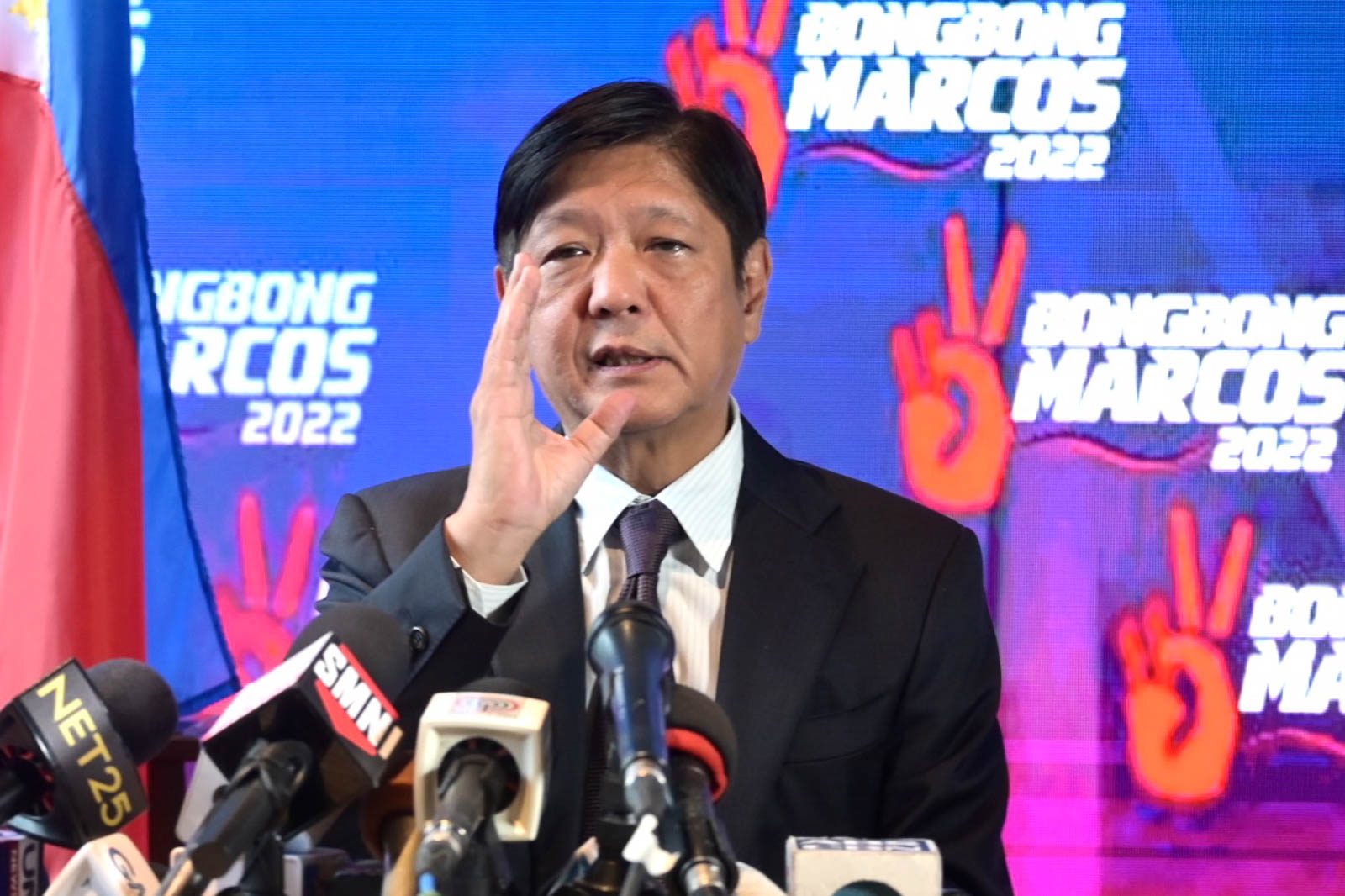
MANILA, Philippines – Ferdinand Marcos Jr. starts his six-year term as Philippines president on Thursday, June 30 facing a host of challenges, from rising inflation and pandemic recovery to balancing relations between competing superpowers the United States and China.
The 64-year-old, who is allowed only one term in the top job, has yet to fill all cabinet posts, but he has so far nominated experienced technocrats to handle the economy, helping to ease some market fears about his presidency and policy inexperience.
Immediate priorities
Marcos is inheriting an economy that is on a solid footing after bouncing back from the worst of the pandemic, but he will be under pressure to sustain that recovery while battling soaring inflation. Taming it will be his top priority.
Having promised during the campaign to halve the cost of rice, the national staple, Marcos has appointed himself agriculture minister, citing the urgent need to boost farm production to strengthen food security and also keep food prices under control.
Rising inflation, driven by higher food and fuel costs, has prompted the Philippines to join global peers in starting to dial back policy stimulus. The new central bank governor Felipe Medalla has signaled the prospect of a series of gradual interest rate hikes to combat runaway inflation.
Longer-term prospects
Weak infrastructure has long been an impediment to attracting foreign investment in the Philippines and upgrades to ports, roads, rail, air terminals, power transmission and utilities are long overdue.
The Marcos team has said it was open to tapping private funds for the infrastructure and would continue his predecessor’s pandemic-delayed “build, build, build” programme. Advancing this would help Marcos show tangible results, while creating jobs and foreign investor interest.
However, to avoid constraints on funding, Marcos and his economic team will also need to control government debt that had ballooned to 60.5% of gross domestic product at the end of 2021, the highest ratio in 16 years, from 39.6% before the pandemic.
His finance minister, Benjamin Diokno, said he prefers to focus on improving tax administration and collection, including reducing corruption, than raising taxes, to boost revenues.
‘Clean mining’
Marcos faces a difficult task of balancing the economic benefits of exploiting the Philippines’ vast untapped mineral resources with protection of its stunning but fragile natural environment.
Mining accounts for just 1% of the economic output of the Philippines and only an estimated 5% of its minerals have been extracted so far. A third of its land mass is deemed by experts to have high mineral potential.
Marcos has said he would push for “clean mining” and wants to see some value added to mineral exports by selling processed materials instead of just ores. The Philippines is China’s biggest supplier of mostly low-grade nickel ore.
Foreign policy
While Marcos is widely perceived to be friendly to China, political observers believe his approach will differ from that of predecessor Rodrigo Duterte, who enthusiastically courted Beijing – with little in return – while threatening to downgrade ties with former colonial ruler, the United States.
Marcos said during the campaign he would have to “walk a very, very fine line” between Beijing and defense treaty ally Washington. While he has expressed intent to elevate ties with China, he has also vowed to stand firm against any threat it poses to Philippine sovereign interests.
“Marcos realized there’s a lot of public scepticism after years of Duterte’s fruitless flirtations with China,” said Richard Heydarian, an author and academic who specializes in politics and foreign relations.
Maintaining the country’s alliance with the United States, Heydarian said, will be essential in keeping the military and the public onside in a country with historically strong links to the United States. – Rappler.com
Add a comment
How does this make you feel?
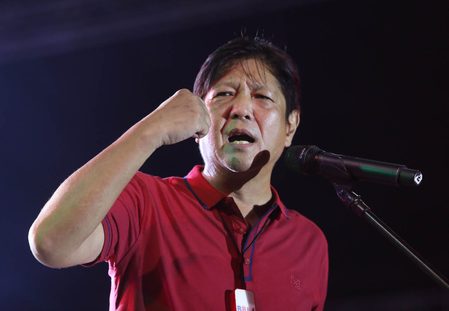
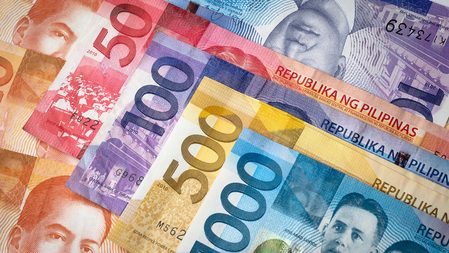

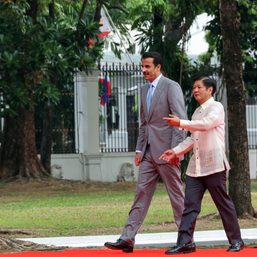
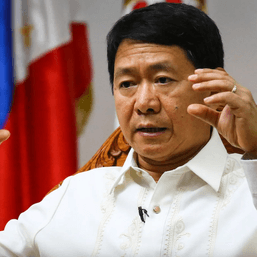
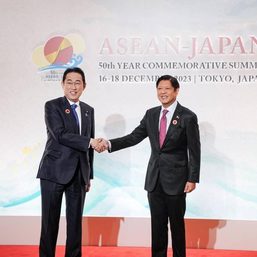
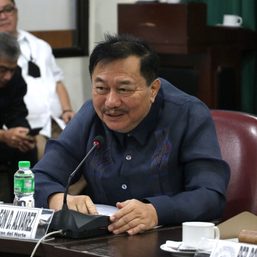
There are no comments yet. Add your comment to start the conversation.